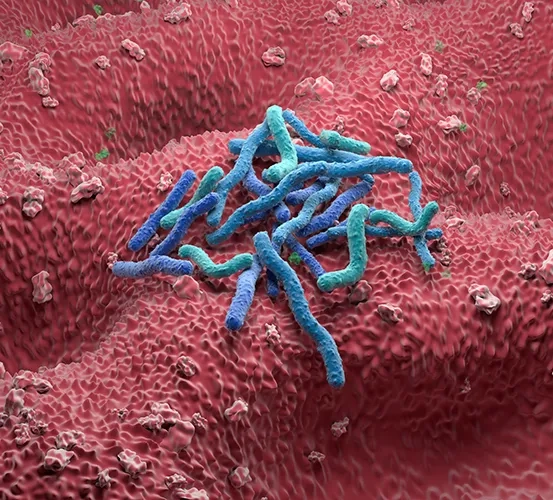
Families SHARE: Virtual Reality Study
Research study #IRB002325 is testing a new virtual tool that helps people learn more about their health and family health history. The goal is to build knowledge, skills, and confidence in talking about health within families.

Role of GABAergic Transmission in Auditory Processing in Autism Spectrum Disorder
Researchers are studying the brain's response to language and sound. This study uses a repetitive transcranial magnetic stimulation (rTMS), an investigational form of brain stimulation, to measure how different parts of the brain communicate in teens with autism spectrum disorder (ASD). Findings from this study may aid in the development of possible future treatments.

A Feasibility Multicenter Phase I Study of Therapeutic Drug Monitoring-Based Atezolizumab Dosing
Researchers are enrolling people with locally advanced or metastatic cancer who are prescribed atezolizumab (alone or with other approved treatments). The study will monitor blood levels to adjust infusion schedules, aiming to see if lower or less frequent doses can be given without reducing effectiveness, over a period of up to 2 years.

Be Part of a Study That Could Change How We Detect Helicobacter pylori
This study explores whether the Esophageal String Test (EST), a simple, less invasive procedure can accurately detect H. pylori and antibiotic resistance, compared to traditional testing that uses endoscopic biopsies.

NIH Seeking Participants for a Study on Immune Dysfunction in Menopause
Researchers at The National Institutes of Health (NIH) are conducting a study examining inflammation and metabolic dysfunction in menopause. They are looking for both premenopausal and postmenopausal women to participate in the study.

A Controlled Human Infection Study of Orally Administered Trichuris Trichiura Eggs in Naive Adults
Research Study #001706-I - Join a research study investigating the best-tolerated number of whipworm eggs to give to a healthy adult that results in a whipworm infection. The findings from this study will contribute to the development of new therapies in future research.

Phase 1 Study with Dose Expansion of the Anti-Mesothelin TNaive/SCM hYP218 (TNhYP218) CAR T Cells in Participants with Mesothelin-Expressing Solid Tumors Including Mesothelioma
Researchers at NCI are developing a new investigational treatment known as TNhYP218 CAR T cells to target and kill tumor cells in people with solid tumors and with those that have high levels of mesothelin (MSLN) including mesothelioma. The study team collects immune cells (T cells); the T cells are genetically modified to target and kill tumor cells to potentially shrink the tumor.

An Open-Label Study of Zemaira (Alpha 1-Trypsin Inhibitor) in Subjects with Eosinophilic Esophagitis
Research Study #001854-I to explore the effects of Zemaira® for individuals with eosinophilic esophagitis (EoE). This study aims to understand how people with EoE feel while taking Zemaira® and whether it provides any benefits. By joining this research, you'll have the opportunity to contribute to medical advancements that could improve care for those with EoE. Every patient plays a key role in shaping future treatments and expanding knowledge about this condition.

Brain Imaging of Childhood Onset Psychiatric Disorders, Endocrine Disorders and Healthy Volunteers
A study at the National Institute of Mental Health (NIMH) is seeking healthy females aged 6-18 for a brain imaging study using MRI. Researchers aim to learn about brain anatomy and function, while advancing the understanding of behavior and mental health in children and young adults.

Phase 1 Study of Induced Blood-Stage Malaria in Healthy Malaria-Naive Adults to Assess the Safety and Infectivity of Plasmodium Vivax Challenge Agent and Evaluate Transmission in Mosquito Feeding Assays
To learn how malaria develops in people; how the body's immune system reacts to malaria; and how malaria spreads from people to mosquitoes.

